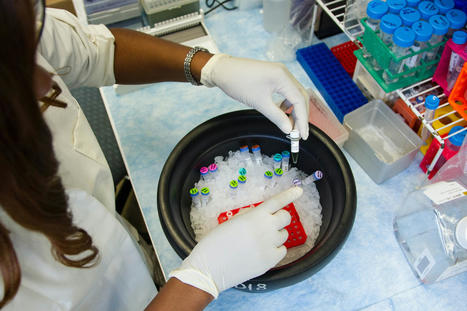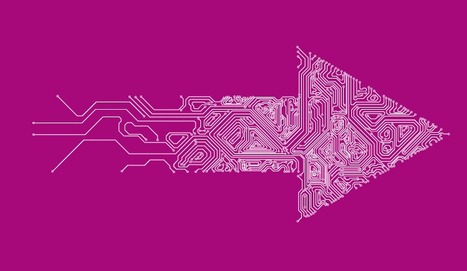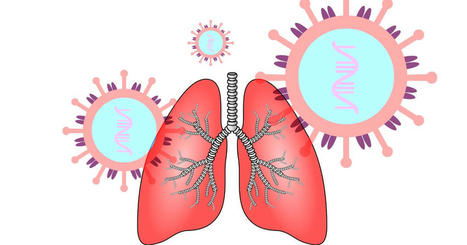More than 100 million HIV tests are performed around the world annually, meaning even a small improvement in quality assurance could impact the lives of millions of people by reducing the risk of false positives and negatives.
Academics from the London Center for Nanotechnology at UCL and AHRI used deep learning (artificial intelligence/AI) algorithms to improve health workers' ability to diagnose HIV using lateral flow tests in rural South Africa.
Their findings, published today in Nature Medicine, involve the first and largest study of field-acquired HIV test results, which have applied machine learning (AI) to help classify them as positive or negative.
By harnessing the potential of mobile phone sensors, cameras, processing power and data sharing capabilities, the team developed an app that can read test results from an image taken by end users on a mobile device. It may also be able to report results to public health systems for better data collection and ongoing care.
read the study at https://www.nature.com/articles/s41591-021-01384-9
read more at https://medicalxpress.com/news/2021-06-ai-app-hiv-accurately.html



 Your new post is loading...
Your new post is loading...
















The use of mobile tools for data capture and AI/ML algorithms for diagnostics and detections has been the inside story of digital health over the past 4 years. This is an excellent study and shows the promise of this combination of technologies in building the future of healthcare. HIV is a pandemic which must be eradicated.